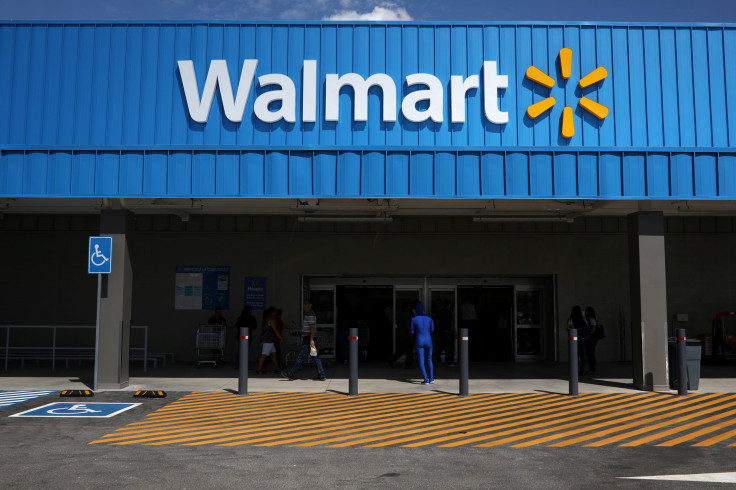Walmart, IBM Launch Blockchain-Enabled Food Tracing Initiative

Multinational retail corporation Walmart is working with technology giant IBM on a food safety blockchain solution and it made an announcement Monday asking all its vegetable suppliers to upload their data to the blockchain by September 2019. Sam's Club, the retail warehouse owned and operated by Walmart, would also be a part of this blockchain solution.
Walmart and IBM partnered in 2017 to work on blockchain for digitizing the food supply chain process. The retail giant is using IBM Food Trust Solution, which was specifically developed for food traceability.
In an open letter sent by Walmart to its suppliers and published Monday, the company highlighted a bacteria outbreak of E. coli, that happened late-March in romaine lettuce and affected over 200 people, as well as other contaminated products such as eggs and breakfast cereal, where salmonella bacteria was found. Following the outbreak, Walmart decided to implement blockchain technology that was piloted over the last 18 months.
"Walmart is today announcing a new, blockchain-enabled Walmart Food Traceability Initiative that will increase transparency in the food system and create shared value for the entire leafy green farm to table continuum," the open letter read.
Bridget van Kralingen, IBM’s senior vice president for global industries, told TechCrunch the company had built IBM Food Trust Solution using IBM Blockchain Platform, which was created to help companies build, govern, and run blockchain networks. She also added this tool was built using hyperledger fabric (the open source digital ledger technology) and it ran on IBM cloud.
The letter also mentioned that by using blockchain, the time taken to track a food item from Walmart store back to the source would be reduced to few seconds, compared to the older method of tracking which took "days or sometimes weeks."
Suppliers use different ways to record data, and the process of collating and uploading data onto a blockchain could be a problem. Suppliers use a range of approaches from paper to excel spreadsheets to sophisticated enterprise resource planning systems, and not all suppliers would have blockchain experts to help them in the transition. Walmart spokesperson Molly Blakeman said the company had tried addressing this issue with IBM.
“IBM will offer an onboarding system that orients users with the service easily. Think about when you get a new iPhone – the instructions are easy to understand and you’re quickly up and running. That’s the aim here. Essentially, suppliers will need a smart device and internet to participate,” Blakeman said.
The goal behind integrating blockchain for food supply chain would be to build customer trust through transparency.
“We have to go further than offering great food at an everyday low price. Our customers need to know they can trust us to help ensure that food is safe. These new requirements will help us do just that,” Charles Redfield, executive vice president of food for Walmart U.S., said.
Blockchain had been previously tested by the Food Standard Agency, the food regulator in the United Kingdom, as a regulatory tool to ensure compliance in the food sector. In July, the outcome of the pilot was published and it mentioned the technology was integrated into a cattle slaughterhouse, where both the FSA and the slaughterhouse were authorized to access data in order to improve transparency in the food supply chain.
At the time, Sian Thomas, head of information management at FSA, had said: "Our approach has been to develop data standards with industry that will make theory reality and I'm delighted that we've been able to show that blockchain does indeed work in this part of the food industry."
Shares of Walmart closed 0.98 percent lower Monday on the New York Stock Exchange, and IBM shares closed 0.87 percent lower on NYSE, though they gained 0.18 percent in after-hours trade. The overall NYSE Composite Index closed with a fall of 0.56 percent Monday.
© Copyright IBTimes 2025. All rights reserved.





















